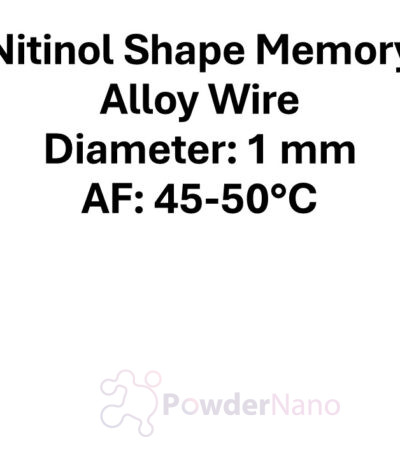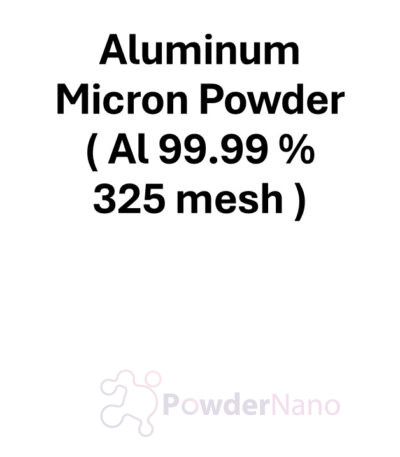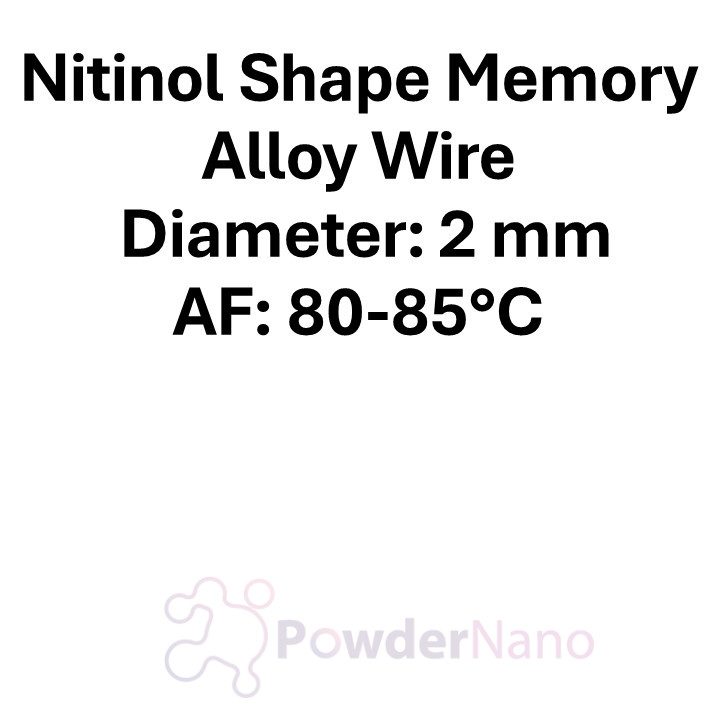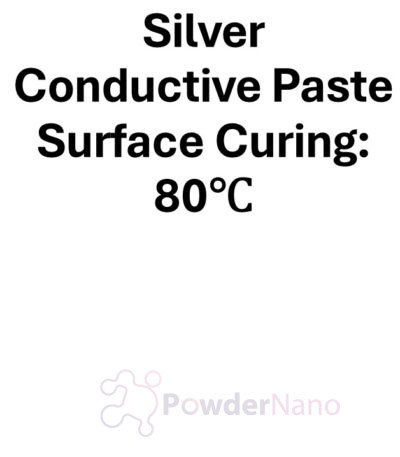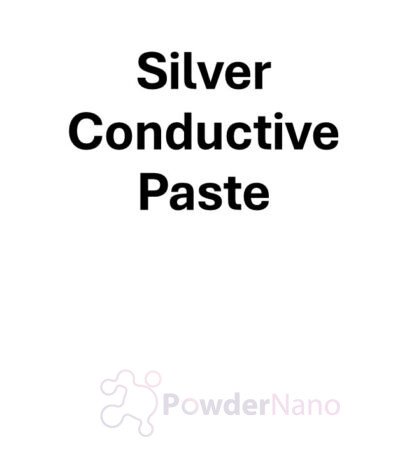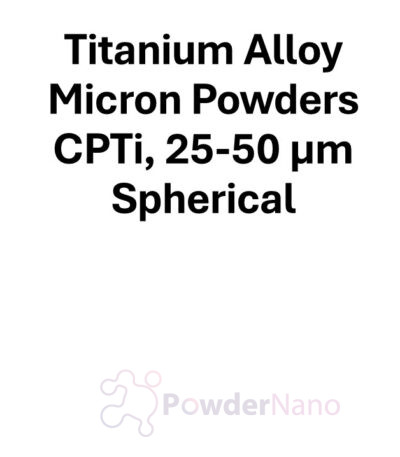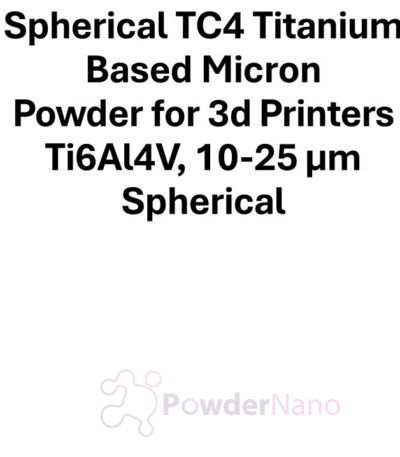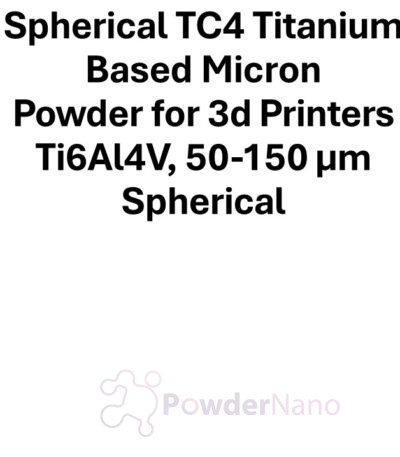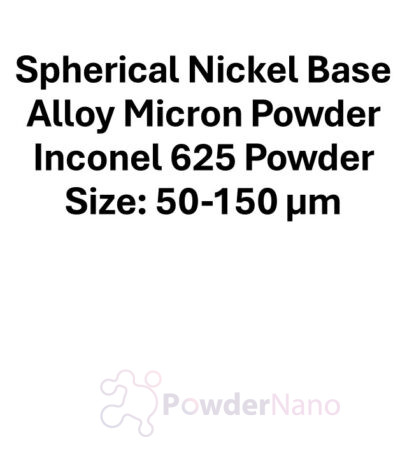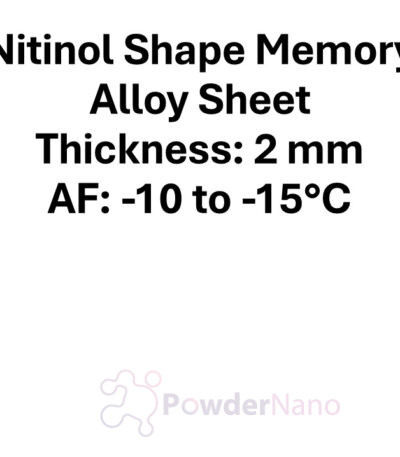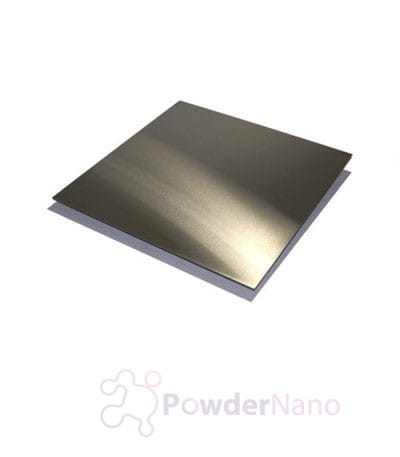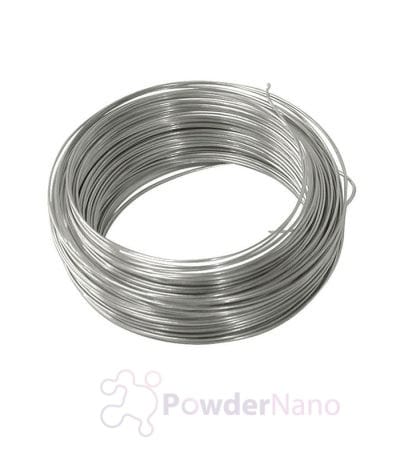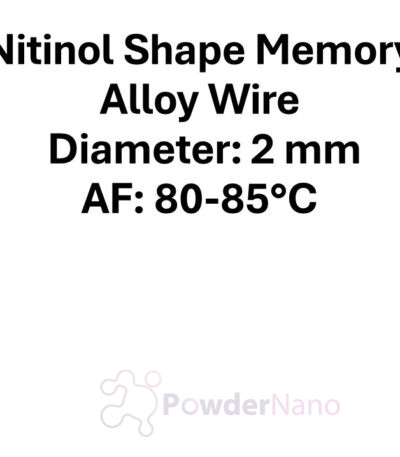Nitinol Shape Memory Alloy Wire
Product Overview
The Nitinol Shape Memory Alloy Wire with a diameter of 2 mm and an austenite finish temperature (AF) of 80–85°C is a high-performance material engineered for applications requiring precise thermal activation and exceptional mechanical properties. This wire is ideal for industries that demand reliability, durability, and adaptability in elevated temperature conditions.
Key Features
- Shape Memory Effect:
- Returns to its original, pre-set shape upon heating above its transformation temperature (AF: 80–85°C).
- Suitable for temperature-responsive and high-precision applications.
- Superelasticity:
- Exhibits high elasticity and full recovery from deformation, providing flexibility and durability.
- Thermal Stability:
- Operates effectively in high-temperature environments without degradation.
- High Strength and Durability:
- Withstands repeated mechanical stress while maintaining its structural integrity.
- Corrosion Resistance:
- Highly resistant to environmental degradation, including moisture and chemical exposure.
- Biocompatibility:
- Non-toxic and compatible with medical applications, including implants and surgical instruments.
Applications
- Medical Industry:
- Stents: Designed for thermal expansion at body temperatures higher than normal, ideal for specific surgical applications.
- Orthopedic Implants: Used in temperature-activated implants for precision adjustments.
- Surgical Tools: Adaptive tools for minimally invasive procedures.
- Aerospace and Defense:
- Components in aircraft and spacecraft requiring lightweight, high-strength materials for high-temperature conditions.
- Actuators and vibration dampening systems that activate at elevated temperatures.
- Automotive:
- Thermal management systems, such as valves and actuators that respond to engine heat.
- High-temperature crash sensors and adaptive components.
- Industrial Applications:
- Actuators for high-temperature control systems in robotics and machinery.
- Components in heat engines and high-temperature environments.
- Energy Sector:
- Used in thermal recovery systems, renewable energy storage, and heat engines.
- Consumer Products:
- Actuation systems for devices operating in elevated temperature environments.
Technical Specifications
- Material Type: Nitinol (Nickel-Titanium Alloy)
- Diameter: 2 mm
- Austenite Finish Temperature (AF): 80–85°C
- Composition:
- Nickel (Ni): ~55% (by weight)
- Titanium (Ti): ~45% (by weight)
- Tensile Strength: [Insert value, e.g., ~950 MPa]
- Elongation at Break: [Insert value, e.g., ~8–10%]
- Density: ~6.45 g/cm³
- Thermal Conductivity: [Insert value, e.g., ~18 W/m·K]
- Electrical Resistivity: [Insert value, e.g., ~80–100 µΩ·cm]
- Corrosion Resistance: High, suitable for humid or chemically reactive environments.
Processing Guidelines
- Shape Setting:
- Heat to ~500–550°C while securing the desired shape, then rapidly cool using water or air quenching.
- Cutting and Forming:
- Use precision cutting tools to avoid damaging the wire’s surface or inducing stress.
- Bend carefully to prevent exceeding the elastic limit, which could compromise shape memory properties.
- Surface Preparation:
- Polishing or applying a surface coating can enhance corrosion resistance and compatibility for specific applications.
- Storage:
- Store in a clean, dry environment to prevent contamination and oxidation.
Current Research and Trends
- Advanced Medical Applications:
- Research into using Nitinol for temperature-controlled drug delivery and adaptive implants.
- Renewable Energy Systems:
- Exploration of Nitinol wires in thermal recovery systems and energy-efficient devices.
- Robotics:
- Development of high-temperature robotic actuators for industrial and hazardous environments.
- Aerospace Innovations:
- Lightweight, adaptive materials for high-performance aircraft and spacecraft systems.
Advantages of the Nitinol Shape Memory Alloy Wire
- Precision Activation: Controlled response at 80–85°C ensures reliability in high-temperature applications.
- Versatility: Suitable for a wide range of industries, from medical to aerospace.
- Durability: Maintains performance under extreme mechanical and thermal conditions.
- Biocompatibility: Safe for long-term use in medical and healthcare products.
